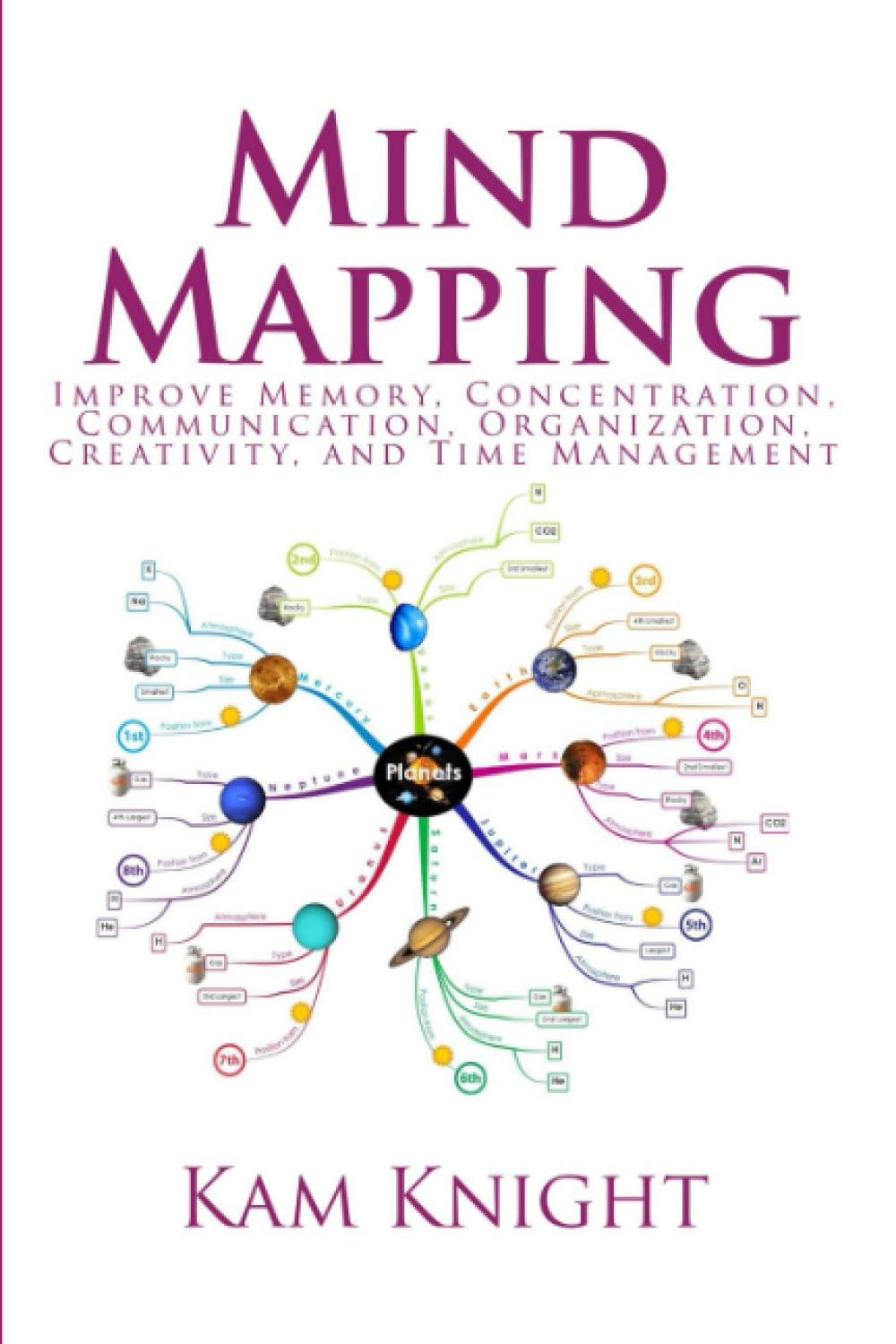Answered step by step
Verified Expert Solution
Question
1 Approved Answer
3.1 Product A Product B Manufacturing costs per unit X Number of units Total manufacturing costs (4 marks) 3.2 Activities Activity costs (R) Cost driver

3.1
| Product A | Product B | |
| Manufacturing costs per unit | ||
| X Number of units | ||
| Total manufacturing costs |
(4 marks)
3.2
| Activities | Activity costs (R) | Cost driver volumes | Activity rates |
| Machine department costs | |||
| Set-up costs | |||
| Stores receiving | |||
| Inspection/Quality control | |||
| Materials handling and dispatch |
REQUIRED Use the information provided below to calculate the following: 3.1 The manufacturing costs per unit and the total manufacturing costs, if all the overheads costs are absorbed on a machine hour basis. ( 4 marks) 3.2 The overheads cost per unit using the ABC system. (16 marks) INFORMATION Visa Limited manufactures two products and the company is keen on applying the principles of activity-based costing (ABC). Relevant information pertaining to the two products for a given period appear below: The two products are similar and are usually produced in production runs of 20 units and sold in batches of 10 . Currently the production overheads are absorbed by using a machine hour rate, and the total of the production overheads for the period are as follows: The cost drivers (in random order) to be used for the overhead costs are as follows: The number of requisitions raised on the stores was 120 for each product and the number of orders executed was 126 , each order being for a batch of 10 of a product. REQUIRED Use the information provided below to calculate the following: 3.1 The manufacturing costs per unit and the total manufacturing costs, if all the overheads costs are absorbed on a machine hour basis. ( 4 marks) 3.2 The overheads cost per unit using the ABC system. (16 marks) INFORMATION Visa Limited manufactures two products and the company is keen on applying the principles of activity-based costing (ABC). Relevant information pertaining to the two products for a given period appear below: The two products are similar and are usually produced in production runs of 20 units and sold in batches of 10 . Currently the production overheads are absorbed by using a machine hour rate, and the total of the production overheads for the period are as follows: The cost drivers (in random order) to be used for the overhead costs are as follows: The number of requisitions raised on the stores was 120 for each product and the number of orders executed was 126 , each order being for a batch of 10 of a product
Step by Step Solution
There are 3 Steps involved in it
Step: 1

Get Instant Access to Expert-Tailored Solutions
See step-by-step solutions with expert insights and AI powered tools for academic success
Step: 2

Step: 3

Ace Your Homework with AI
Get the answers you need in no time with our AI-driven, step-by-step assistance
Get Started


